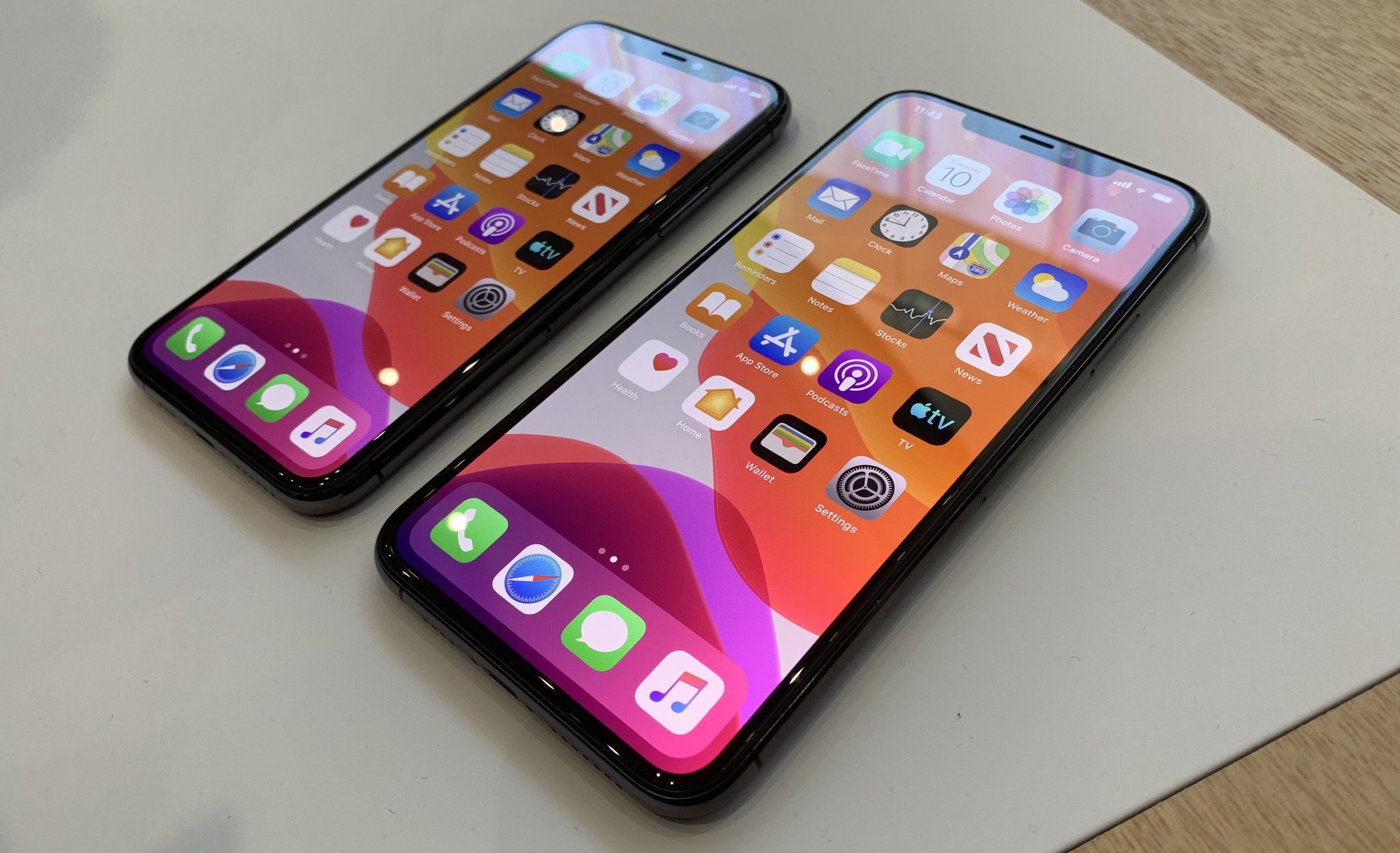Apple will let you delete coronavirus contact tracing data in iOS 13.5

What you need to know
- iOS 13.5 will enable support for coronavirus contact tracing apps.
- The latest beta includes an option to delete the device's "exposure log".
- Doing so will remove data relating to the other devices your iPhone has been near.
With the release of IOS 13.5, Apple will also release the API that allows health authorities to trace who users have come into contact with and then inform them if they might be at risk of coronavirus infection. The latest beta of iOS 13.5, made available to developers yesterday, allows users to delete the information collected by the API for the first time.
Apple says that "deleting your exposure log removes all of the random IDs on your device," meaning your iPhone will no longer have a record of the people – and devices – it came into contact with.
Apple has also now made it clearer exactly how the feature works. The wording used previously was opaque and I couldn't get my head around why the feature was enabled even though no app capable of using the API was present. That's all changed now with the API disabled unless a companion app is installed on the iPhone in question.
You cannot turn on Exposure Logging without an authorized app installed that can send Exposure Notifications.When enabled iPhone can exchange random IDs with other devices using Bluetooth.The random IDs your device collects are stored in an exposure log for 14 days. This exposure log allows an app you authorize to notify you if you may have been exposed to COVID-19.If you are diagnosed with COVID-19 you can choose to share your own device's random IDs with the authorized app so it can notify others anonymously.
Those who live in a country that has not adopted Apple's API now receive a message telling them so as of the latest beta, too.
It's expected that iOS 13.5 will be made available to the public within weeks to allow health authorities to take advantage of the new Exposure Log and contact tracing API.
iMore offers spot-on advice and guidance from our team of experts, with decades of Apple device experience to lean on. Learn more with iMore!

Oliver Haslam has written about Apple and the wider technology business for more than a decade with bylines on How-To Geek, PC Mag, iDownloadBlog, and many more. He has also been published in print for Macworld, including cover stories. At iMore, Oliver is involved in daily news coverage and, not being short of opinions, has been known to 'explain' those thoughts in more detail, too.
Having grown up using PCs and spending far too much money on graphics card and flashy RAM, Oliver switched to the Mac with a G5 iMac and hasn't looked back. Since then he's seen the growth of the smartphone world, backed by iPhone, and new product categories come and go. Current expertise includes iOS, macOS, streaming services, and pretty much anything that has a battery or plugs into a wall. Oliver also covers mobile gaming for iMore, with Apple Arcade a particular focus. He's been gaming since the Atari 2600 days and still struggles to comprehend the fact he can play console quality titles on his pocket computer.
